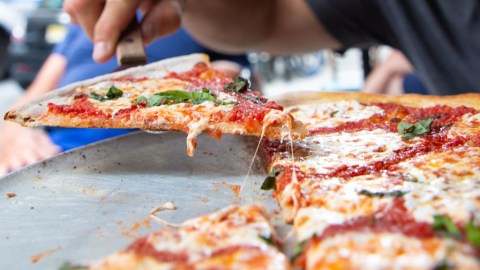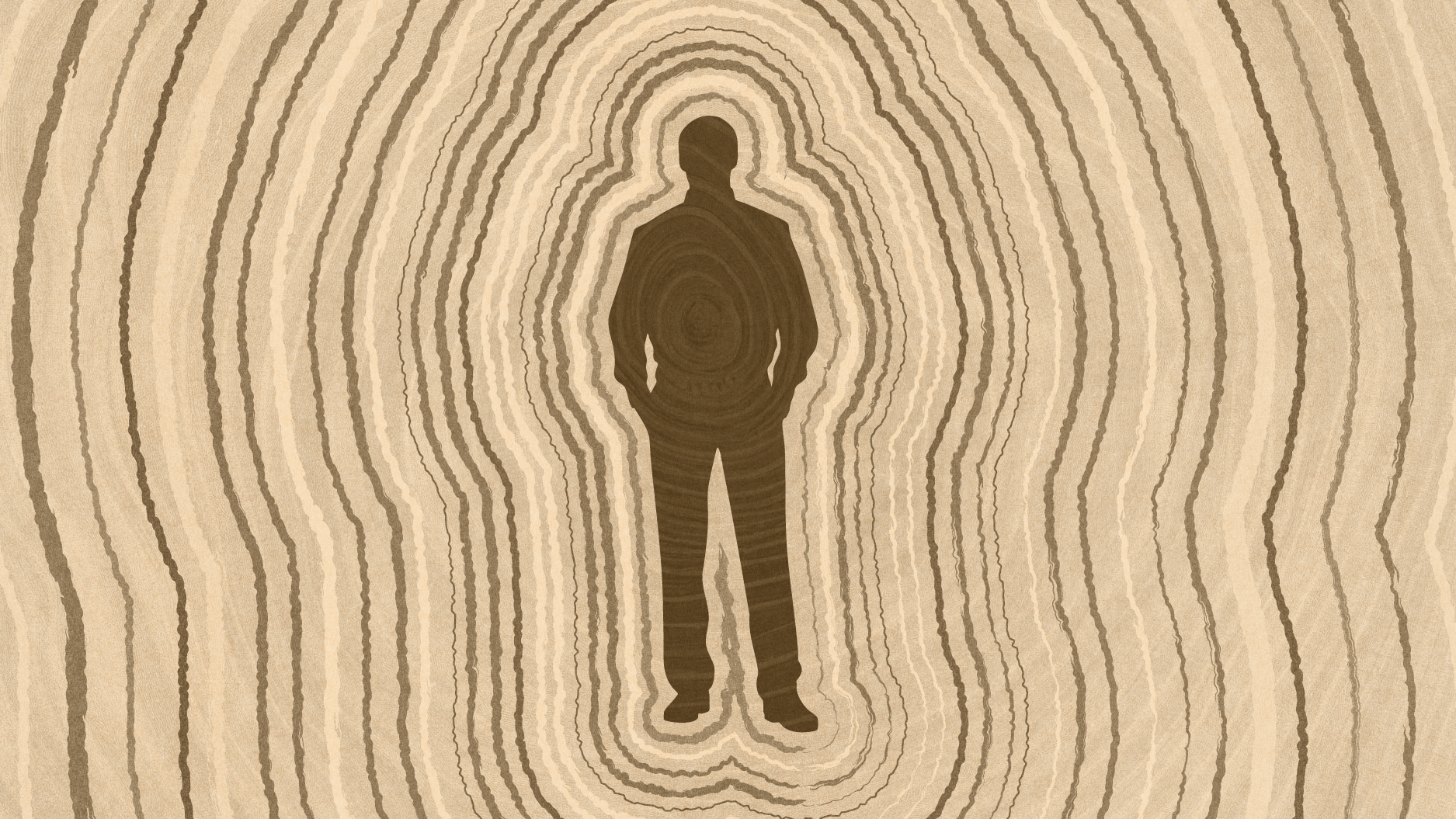New research shows that a ‘cheat day’ might not be that bad

Photo by Arturo Holmes/Getty Images
- A new study at the University of Bath found that binge eating on occasion doesn’t have major metabolic consequences.
- 14 healthy young men were instructed to eat pizza until full or to keep going until they couldn’t eat another bite.
- Their blood sugar levels were similar to having eaten normally and blood lipids levels were only slightly higher than normal.
The eternal diet dilemma: to have a cheat day or to never indulge?
Researchers at the Centre for Nutrition, Exercise and Metabolism at the University of Bath wanted to understand the effects of overeating, given the prevalence of obesity in the Western world. They asked 14 men to eat pizza—or, as they wonderfully phrased it, a “homogenous mixed-macronutrient meal.” Some of the volunteers ate a lot of pizza.
That was the point. The men, all between the ages of 22 and 37, were either told to eat until full or to keep going until they couldn’t possibly eat another bite. The results of this study were published in the British Journal of Nutrition.
Despite some men eating up to two-and-a-half pizzas in one sitting (roughly 5,000 calories), their metabolism didn’t change much. Their blood sugar levels were similar to having eaten a normal meal; their blood lipids levels were only slightly higher. All of this was a surprise to the researchers.
Not that all went swimmingly. Blood insulin was 50 percent higher and the signaling hormones that scream “hey, stop eating,” were altered. Waist circumference and sagittal abdominal diameter increased in the overeating group, though for how long is not known.
The researchers noticed that, despite the prevalence of obesity, “no study has ever examined the metabolic response to eating beyond feeling comfortably full in a single eating occasion.” They pulled from a few studies that detail the effects of overeating, yet those focus on weight gain, not metabolic changes.
Marion Nestle: Why Do We Overeat?www.youtube.com
Lead researcher Aaron Hengist says the results showed the resilience of our body during times of excess.
“Our findings show that the body actually copes remarkably well when faced with a massive and sudden calorie excess. Healthy humans can eat twice as much as ‘full’ and deal effectively with this huge initial energy surplus.”
Of course, these were all young, healthy men, which will skew the outcome. Still, they expected more of a metabolic impact.
The researchers also focused on mood. Four hours after eating maximally, overeaters had no desire to eat sweet foods. This contradicts previous research that shows the brain’s reward centers are food-specific—pizza shouldn’t change cravings for sweets. The overeating groups also felt lethargic after their binge, which is to be expected.
The researchers are not giving a pass for overeating. Caloric intake remains the main driver of obesity. Signaling hormones are altered with continued overeating, making it difficult for the obese to know when to stop. Regular overeating changes body composition, metabolic rates, and mood.
In the past, humans had to stock up on food when they found it while hunting and foraging. We are equipped to handle the occasional caloric overload. James Betts, who was also involved in the study, says that an occasional binge for healthy people is not necessarily a bad thing.
“This study shows that if an otherwise healthy person overindulges occasionally, for example eating a large buffet meal or Christmas lunch, then there are no immediate negative consequences in terms of losing metabolic control.”
Acknowledging the study’s limitations of age, health, and gender of participants, the researchers are planning on investigating the metabolic and mood effects of operating on women, obese volunteers, and the elderly.
—
Stay in touch with Derek on Twitter, Facebook and Substack. His next book is “Hero’s Dose: The Case For Psychedelics in Ritual and Therapy.”





